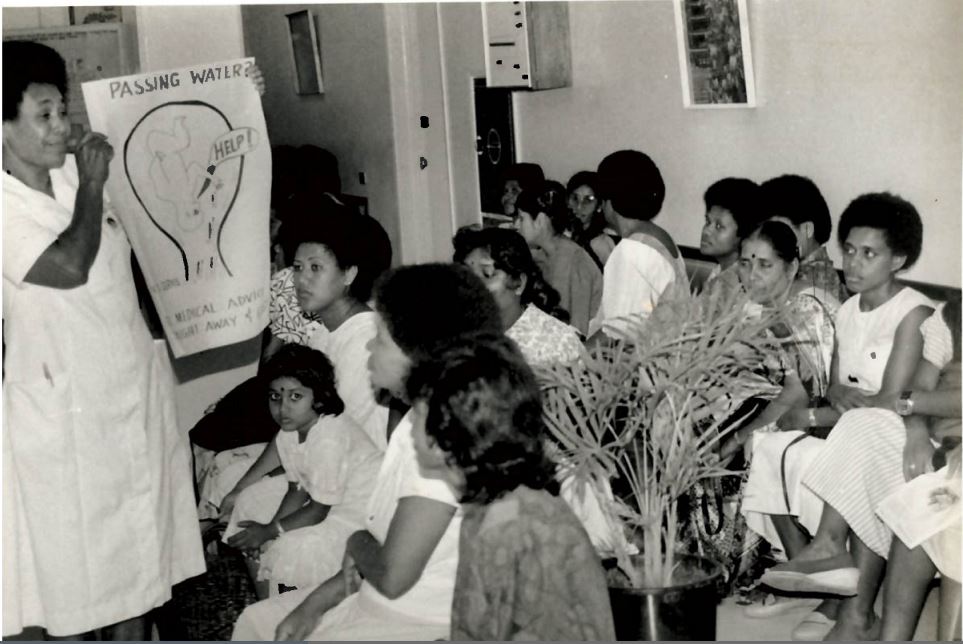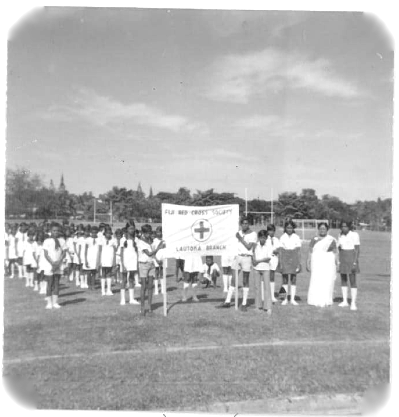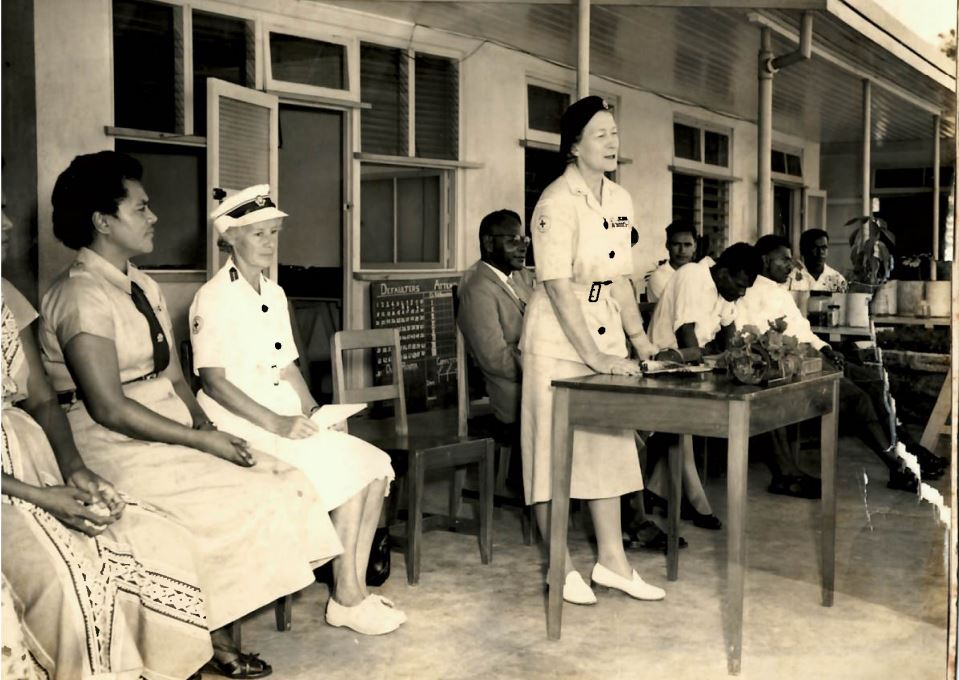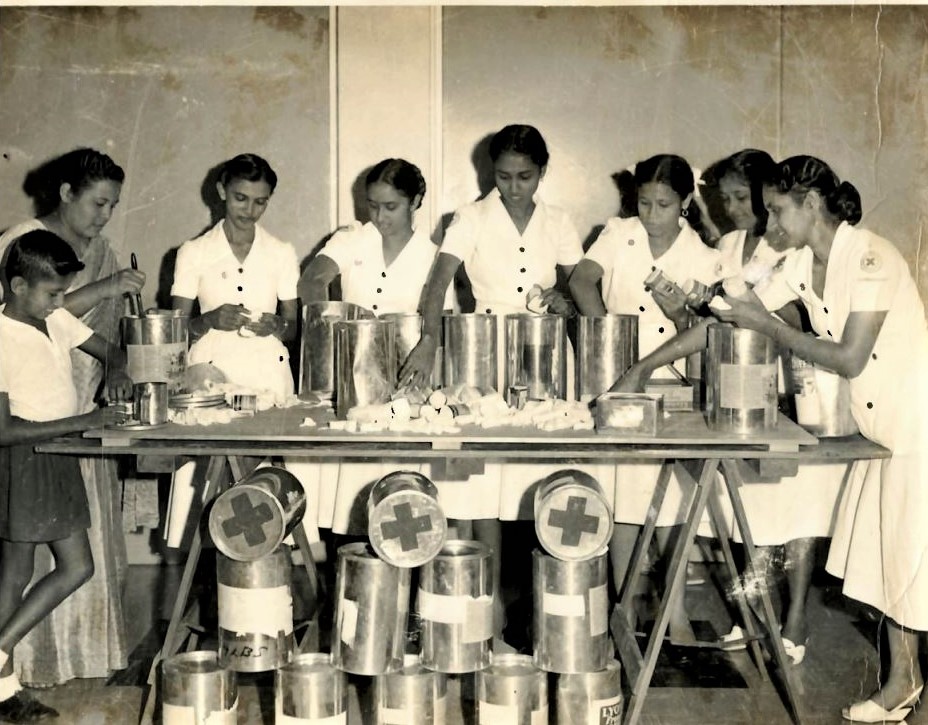History
The Fiji Red Cross Society (FRCS) was first established as a branch of the British Red Cross in 1952, with presence in key urban centres dating back to the early 1900s. The Fiji Red Cross was then registered as a National Society in 1971, following Fiji’s independence from Great Britain in 1970.
At the core of its work, the FRCS is a community focussed organisation with aims to empower the communities it serves, through the work of trained community-based volunteers across the country.
The Fiji Red Cross Society is auxiliary to the Government of Fiji, delivering emergency assistance and other humanitarian services to the people of Fiji. Our programmes are delivered through a network of 16 Branches and 3 Divisional Red Cross Centre’s.
We are dedicated to building a safe, healthy and resilient Fiji, in partnership with local communities and stakeholders.
Our Vision
A resilient Fiji, free from vulnerabilities, where people are ready to offer impartial and voluntary assistance to those in need.
Our Mission
To build safe, healthy and resilient communities by working with our partners and empowering volunteers in humanitarian service and advocacy.
Red Cross Global Movement
The International Committee of the Red Cross (ICRC) is an impartial, neutral and independent organisation whose exclusively humanitarian mission is to protect the lives and dignity of victims of war and internal violence and to provide them with assistance. It directs and coordinates the international relief activities conducted by the Movement in situations of conflict. | |
The International Federation of Red Cross and Red Crescent Societies (IFRC) is a global humanitarian organisation, which coordinates and directs international assistance following natural and man-made disasters in non-conflict situations. Its mission is to improve the lives of vulnerable people by mobilising the power of humanity. | |
Most countries around the world have a National Red Cross or Red Crescent Society. Each Society is made up of individuals from their local community. National Societies have a responsibility to help vulnerable people within their own borders, particularly in times of disaster and to strengthen international humanitarian law and principles. |






